I’ve been wondering if reading fiction can have similar benefits to meditation and if maybe it could even be considered a form of meditation.
I had an awful summer. For months my normal life was completely cancelled and my days were taken over by traveling, sitting by hospital beds and waiting in ITU waiting rooms – all accompanied by a constant roller-coaster of emotions. In that time my only distraction was reading and, since escapism was my only goal, I ditched my normal genres of spiritual and self-help books where I would hope to learn something life-changing. Instead, I reached solely for page-turners. I love thrillers and crime/mystery novels but I normally don’t allow myself the sheer indulgence of reading purely for enjoyment. I’ve learnt that maybe I should, since I now believe it has benefits that reach deeper than the entertainment value.
The novels that I turned to in those difficult times were:
- The Paying Guests by Sarah Waters
- A Gentleman of Fortune, A Woman of Consequence and A Place of Confinement, all by Anna Dean
- Bleeding Heart Square by Andrew Taylor
All five books were indeed page turners and I thoroughly enjoyed each and every one of them. They offered pure escapism, which brings me back to my initial question… Can the escapism and distraction that reading offers be considered in any way similar to meditation? I certainly felt it offered me the same benefits. There was no way I could have meditated amongst that emotional turmoil. I know die-hard yogis will tell me that that’s exactly when I should have meditated, but I couldn’t. A plague of fears and misery entered my mind at every opportunity and, especially when attempting to clear my mind, there was no stopping them. The only thing that could rest my mind from the torment was a complete diversion and, for me, that came in the form of these page-turners.
Books don’t offer real escape, but they can stop a mind scratching itself raw.
– David Mitchell, in Cloud Atlas
I’ve come across many forms and techniques of meditation in my studies over the years, but the method I particularly want to consider here is that in which we focus our minds solely on a mantra or an image, bringing our attention back to it whenever our mind should wander. To me, that method very much resembles the state of our minds when reading an absorbing book. We are focusing entirely on something other than the maya that plagues our thoughts daily, albeit a story that moves along as opposed to a constant image or short mantra that is repeated… For me, my mind is certainly less likely to wander when reading than when meditating!
However, unlike during meditation, whilst reading our minds are active. Although we may not be caught up in the dross normally spinning around in our heads, we are analysing the book to some extent – considering “whodunnit” and analysing the plot and characters. I have seen reading described as an ‘active meditation’ or as an ‘informal mindfulness practice’ but I believe George Saunders hits the nail on the head when he likens reading to a ‘guided meditation’:
Reading is a form of prayer, a guided meditation that briefly makes us believe we’re someone else, disrupting the delusion that we’re permanent and at the centre of the universe. Suddenly (we’re saved!) other people are real again, and we’re fond of them.
Keith Oatley, professor emeritus in the department of human development and applied psychology at the University of Toronto, has been researching the psychological effects of reading fiction for 25 years. He believes reading narrative fiction to be like a form of meditation because it opens us up to emptying our minds of real-life concerns in favour of focusing on a fictional world.
I particularly like the way Jessica Tripler describes this link between reading and meditation:
I recently got into meditation and I realized it’s kind of like deep reading. One of the meditation metaphors that has worked for me is to think of a cloudy, turbulent sky. And then to think of the blue sky above it, the one I see if I’m on a plane and fly up through the clouds. Meditation isn’t so much about trying to banish the clouds but simply remembering what’s above them. Deep reading can feel like that, except instead of a clear blue sky, another world opens itself… Just like meditation, being transported by a book quiets the constant stream of thoughts and connects me to something else.

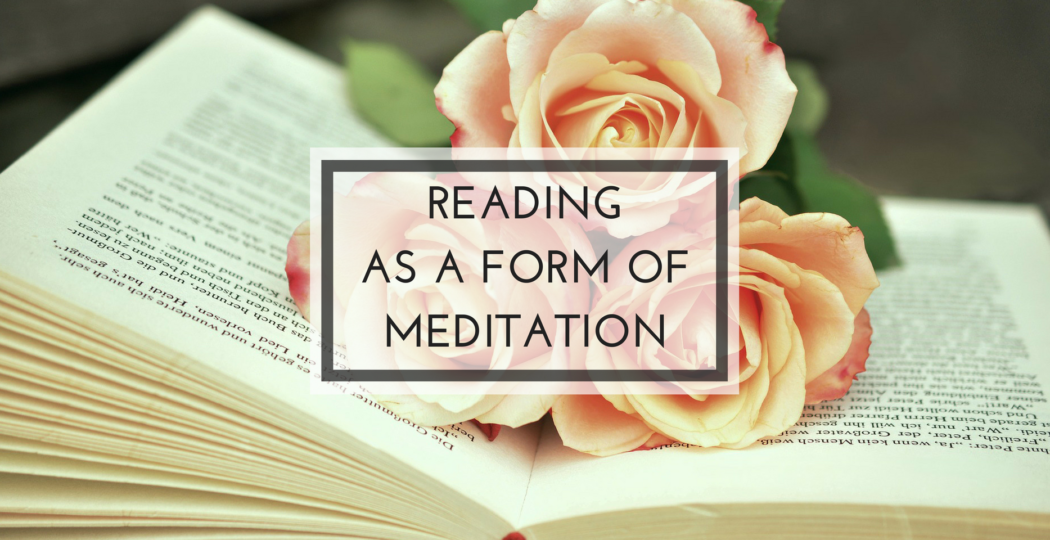
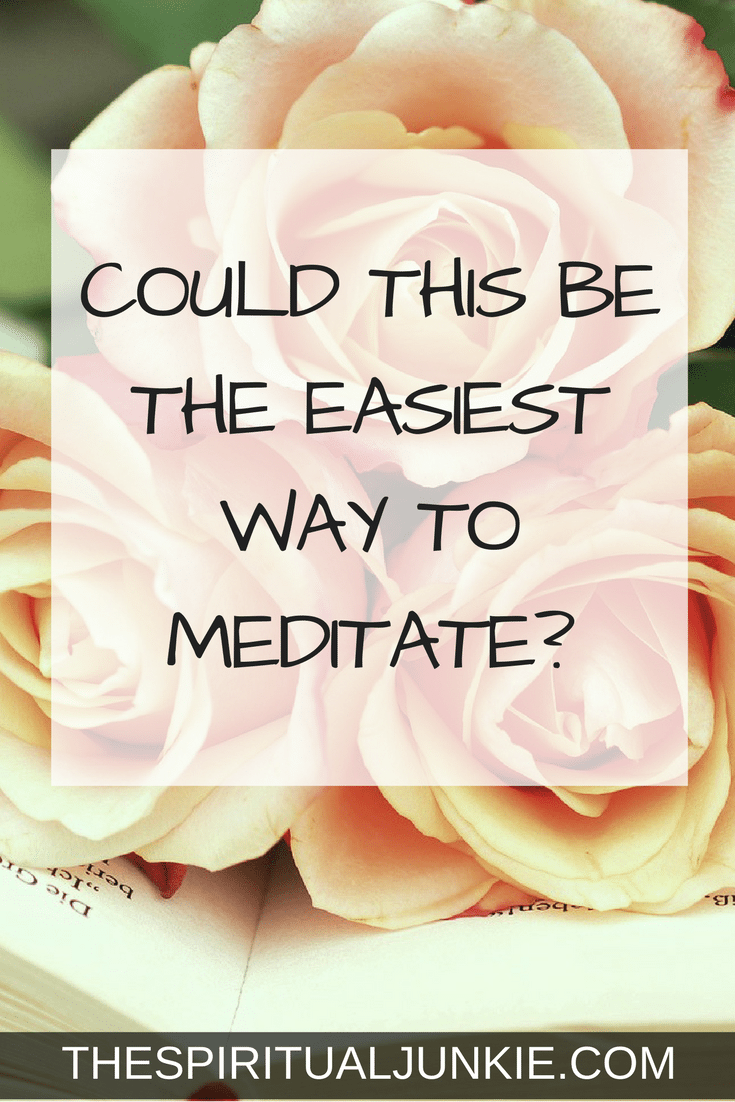



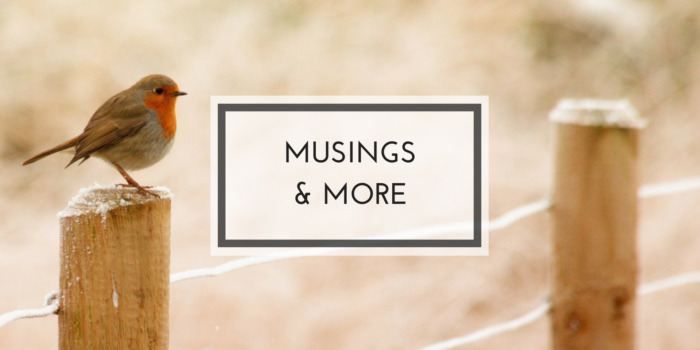
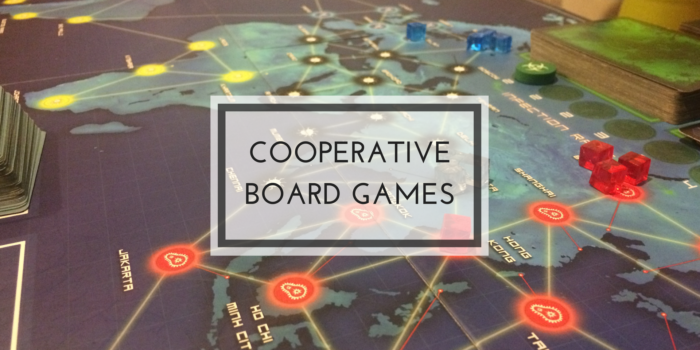
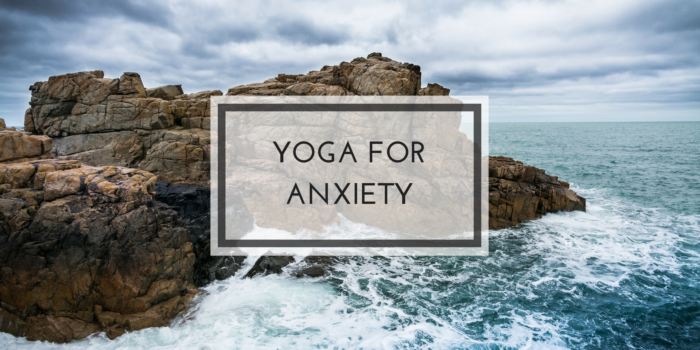

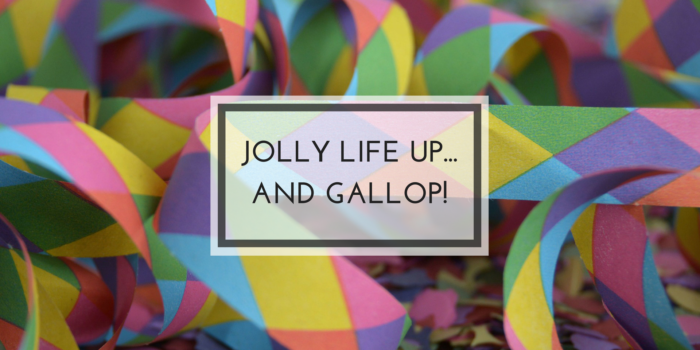
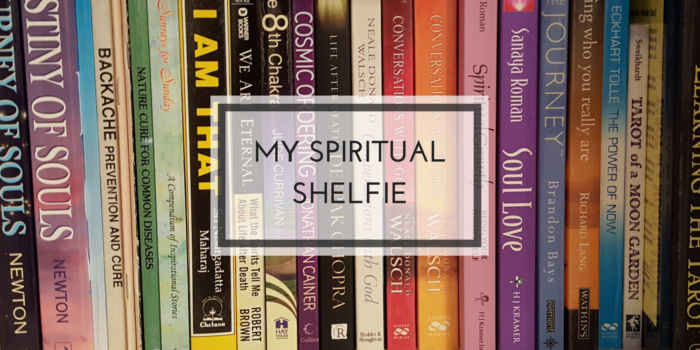
I am not sure how reading fiction could be a form of meditation, but I suspect it is fair to say that a part of what books give might as well be a part of meditating.
Depending on the genre, but fiction books generally take a reader’s mind away from one set of thoughts to another, a world as projected by the author.
Reading is healthy for mind and in turn it leads to healthy body too.
Books a man’s best friend they say and I have always encouraged reading habits in kids.
You made good use of your time with these books.
Certainly, reading offers a numerous benefit. Aside from the knowledge it can give to its readers, it also gives an advice, an inspiration or a way to escape the stress produced by tons of workloads upon our shoulders. Whenever I am burnt out, I will just choose one good book and start reading it. That way, I find a sure way to escape some problems or troubles. Inspirational or spirituals books are great as well. I love those kinds as it strengthens my faith and hope.
I always love to read books but I can’t quite distinguish if Im already meditating..hehe. Although every story leads me to a different workd and my mind would just be focused on that certain description. It’s like watching a movie but your imagination chose the images of he characters as well as how the scenes would look like,. Totally a different world.